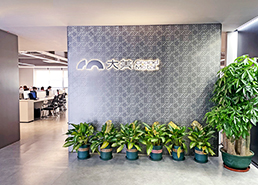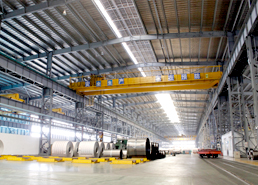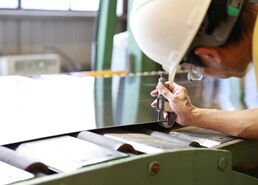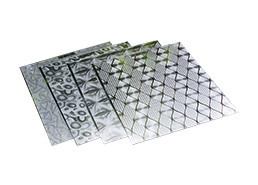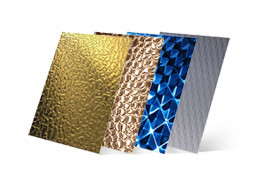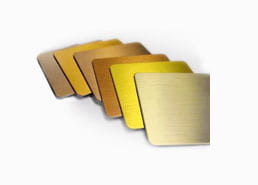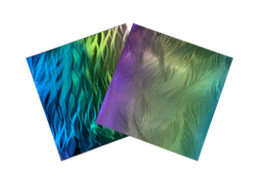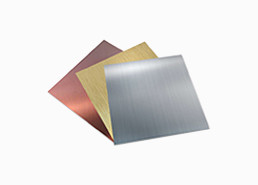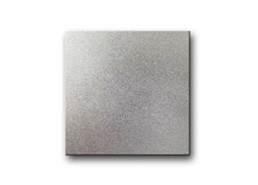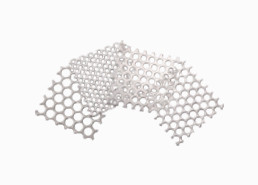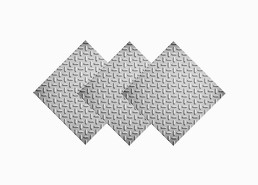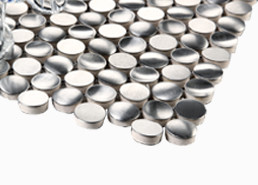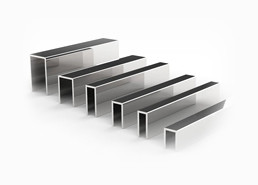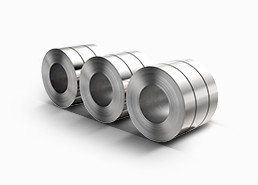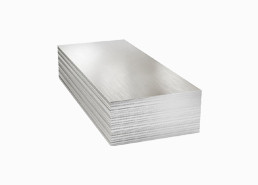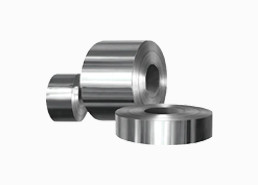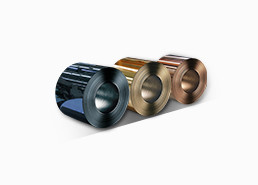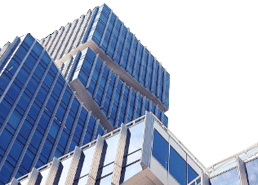Although 70%of the amount of nickel flows to stainless steel, Indonesia releases another potential of nickel
May 31, 2023
Comprehensive media news on May 30, 2023, Indonesia's economic development strategy is leading the export of commodities, from nickel to coal to gold and copper.
Indonesia prohibits ore exports, especially nickel ore, and the government actively persuades foreign investment to invest in processing plants and smelting plants. This measure increases the value of the country's commodity reserves.
Although 70%of the amount of nickel flows to the stainless steel industry, the production needs of electric vehicle (EV) batteries are also growing. By 2030, the demand for batteries is expected to account for one -third of the total nickel demand, especially when countries around the world seek to reduce carbon emissions and achieve net zero emissions goals.
Therefore, Indonesia realized that it provided huge economic opportunities and was committed to improving the production capacity of electric vehicle supply chains and became an electric vehicle battery production center.
01. Nickel reserves in Indonesia
Indonesia has the world's largest nickel reserves, and it is estimated to have 21 million tons, accounting for about 22%of global reserves. The country is also the world's largest metal producer with an output of 1 million tons in 2021.
Australia has the second largest nickel reserves, about 20 million tons, accounting for 21%of the global share. However, the country only produced 160,000 tons of metal in 2021.
Brazil's nickel reserves are estimated to be 16 million tons, but the output in 2021 is about 100,000 tons.
02. Nickel ban in Indonesia
Indonesia prohibits the export of nickel ore for the first time in 2014, and requires manufacturers to purify the original nickel before exporting to Indonesia.
After the 2016 budget deficit and nickel production decreased, the government partially relaxed the ban in 2017 and plans to implement it in 2022. At that time, Indonesia built nine new nickel smelters.
In the end, the government will advance the ban until January 2020.
Mainly because foreign investors from China began to invest in the Indonesian nickel supply chain, especially the construction of the smelting plant -the target of the Indonesian Ministry of Energy and Mineral Resources was to have 30 smelters by the end of 2023. This is an ambitious goal -in 2016, there were only two smelting factories in Indonesia, and the current number was 15.
The export of nickels in Indonesia is expected to reach US $ 30 billion in 2022, a significant increase from US $ 1 billion in 2015. It is expected that by 2025, China will account for half of the global nickel production increase.
However, the ban on nickel ore prompted the EU to appeal to the World Trade Organization (WTO) in 2019, which believes that the Indonesian ban has unfairly damaged the EU's stainless steel industry. In November 2022, the World Trade Organization made a ruling conducive to the European Union because the ban in Jakarta did not meet the global trade rules. Indonesia appealed to the ruling.
The ruling of the WTO constitutes a direct challenge for Indonesia to ensure that its mineral raw materials are processed in China. The government has not announced the next strategy of failure to appeal, but it does not rule out the possibility of levying a heavy tax on the export of nickel materials.
By 2023, the Indonesian government is determined to expand raw ore export bans aluminum ore ore will be banned in June 2023.
03. Electric vehicle battery supply chain
Indonesia's nickel reserves make the country an indispensable member of the global electric vehicle industry. The country's goal is to become a global electric vehicle center. Indonesian Maritime and Investment Minister Luhut Binsar Pandjaitan said that global electric vehicle manufacturers, including Tesla and China BYD (BYD), are said to be finalizing investment Indonesia transactions. Indonesia's goal is to become one of the world's three major electric vehicle battery production countries by 2027.
In addition, in order to supplement its nickel -based battery industry, the country is still developing lithium refinery and anode material production facilities. Historically, Indonesia's nickel smelling factory produces grades 2 nickel (nickel/raw iron), while battery cathode production requires at least 99.8%of nickel -level nickel containing at least 99.8%.
Indonesia with a population of 278 million also provides opportunities for electric vehicles to sell from motorcycles to cars. The huge challenges and opportunities faced by investors include consumer tolerance and the lack of public charging infrastructure. The government has an ambitious goal, with 2.5 million electric vehicle users by 2025.
The main foreign investment highlights of Indonesia nickel industry
In the three years after the implementation of the nickel export ban, Indonesia has signed a battery production agreement worth more than $ 15 billion with transnational companies such as Hyundai and LG. According to rumors, Tesla also plans to expand in Indonesia.
2020
Germany BSAF signed an agreement with French Eramet Mining Corporation to develop a nickel and cobalt wet metallurgical refinery, including a high -pressure acid immersion (HPAL) factory. This $ 2.6 billion cooperation is expected to be completed by the end of 2023.
Also in 2020, the Indonesian Investment Department and LG signed a memorandum of understanding of $ 9.8 billion to invest in the entire electric vehicle supply chain for LG energy solutions.
2021
LG Energy and Hyundai Automobile Group are developing the first battery factory in Indonesia with investment worth $ 1.1 billion. The facility is expected to have a capacity of 10 GWH (GWH).
2022
The Indonesian Investment Department signed a memorandum of understanding with Foxconn, Gogoro Inc, IBC and IndiKa Energy on battery manufacturing, electric vehicles and related industries.
Zhejiang Huayou Cobalt, Qingshan Holdings Group and China Molybdenum Corporation completed the first batch of nickel mixed hydroxide precipitations from the largest nickel machining center in South Solaweis, Indonesia.
Indonesia's State -owned Mining Corporation Aneka Tambang signed a framework agreement with Catl Group, China's largest battery manufacturer, to cooperate in electric vehicle manufacturing, battery recycling and nickel mining mining.
LG Energy launched a 3.5 billion US dollar smelter in Central Java. The smelting plant will be able to produce 150,000 tons of nickel sulfate per year.
Tamsui River Valley Indonesian Corporation and Zhejiang Huayou Cobalt Corporation and Ford Motor Corporation signed an agreement to build a hydroxide precipitation (MHP) factory in the southeast of Surawishi Province. The factory will have the ability to produce 120,000 tons of hydroxide. Tamsui River Valley Indonesian Corporation and Zhejiang Huayou Cobalt Company also agreed to build a factory with a production capacity of 60,000 tons in MHP.
-
29 Apr, 2024
-
20 Apr, 2024
-
18 Apr, 2024
-
5 Apr, 2024
-
28 Mar, 2024
-
29 Aug, 2023




